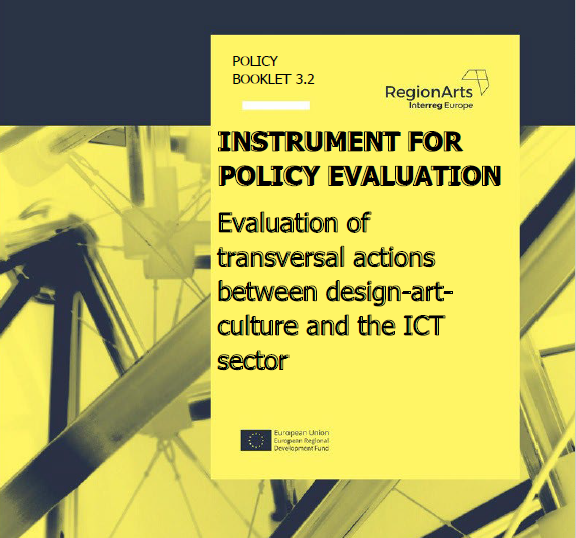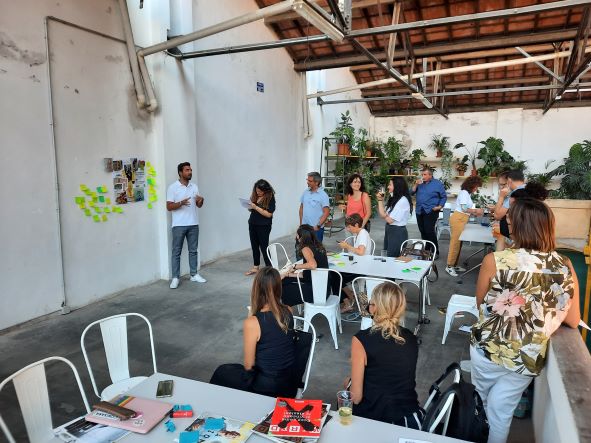Cultural and Creative Sectors (CCSs) have been among the hardest hit by the COVID-19 pandemic, severely impacting the economic and social situation of the sector. The containment measures have largely affected the venue- and visitor-based sub-sectors such as the performing arts and heritage and have further worsened the already existing vulnerability and precariousness of many non-standard workers in the CCS, such as artists, freelancers, or temporary workers.
The fresh study, commissioned by the European Parliament’s Committee on Culture and Education (CULT) examines the extent to which the crisis has impacted the CCS and accordingly suggests policy responses.
Policy recommendations formulated in the “Cultural and Creative Sectors in Post-Covid 19 Europe” report, propose the steps to further improve the resilience of the CCS in Europe in the medium and longer-term.
To rescue CCSs, the study contends that a more systemic transition is needed, by replacing unsustainable practices with more lasting alternatives, and that, considering the multi-layered vulnerabilities that characterize the sector, a bold and innovative approach is needed to bolster the resilience of CCSs.
Thus, the study resulted in 3 main flagship recommendations which can be synthesized as follows:
- Flagship 1 – Ensure a fair work system for the CCS in Europe
The COVID-19 crisis has exacerbated existing differences in the CCS and exposed the precarious position of many workers. The conditions within the CCS labour market are such that the independents and other non-standard workers are in a weak bargaining position as the labour market is very fragmented and working options are scarce.
Working conditions are also often difficult because project-based working, non remunerated research and development as well as limited access to lifelong learning still prevail. These facts require rapid and bold action of the decision-makers to ensure the phasing out of unsustainable structures and practices in the CCS working environment, replaced by a fairer working system.
- Flagship 2 – Establish a European digital framework that fits the CCS’ DNA
Digital spaces became the main area for numerous CCS actors to perform, interact with the audience, and tentatively earn during the crisis. While it is expected that a – much needed – analogue rebound will occur once the containment rules will no longer be in place, it can also be assumed that a wide range of digital applications and attitudes will remain anchored on the production and user’s side.
These facts urgently require addressing the persisting challenges of establishing strong EU digital frameworks for culture in order to understand the related opportunities and momentum. The CCS needs to be considerably strengthened and supported in developing its practices in the digital world.
- Flagship 3 – Support CCS as an integral part of innovative and cohesive societies
The innovative and participative CCS can contribute to the process of reflection aimed at reformulating our collective ambitions and determining how we will emerge from this crisis, as well as to the rethinking and development of systematically more sustainable structures and practices for working, organising social interaction, educating, consumption, mobility, etc.
These considerations require a bold response of EU policymakers to ensure that the CCS can contribute fully to the further development of crisis-resistant and sustainable European societies within existing and new frameworks.
You can read the study here.












